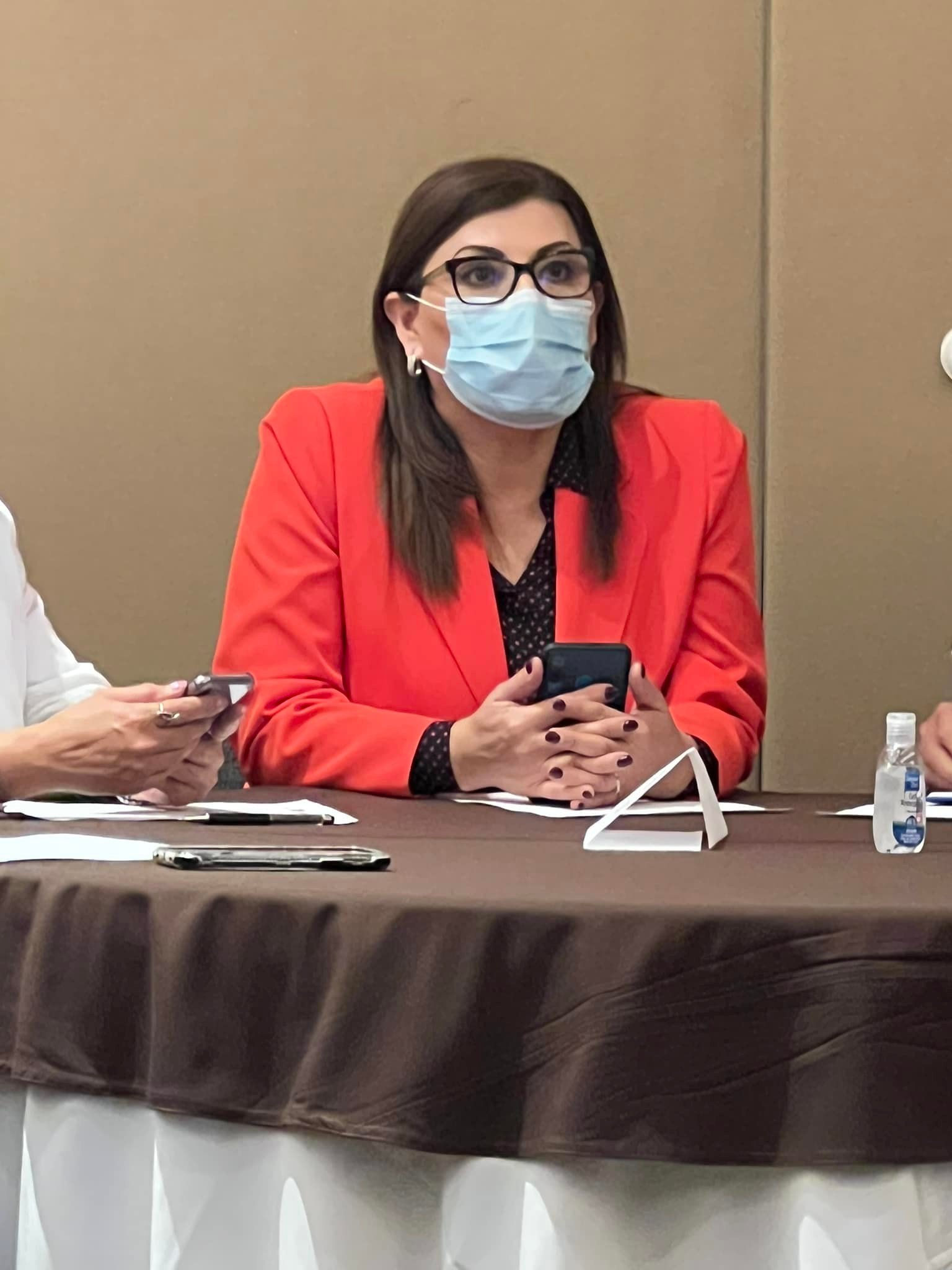An MPP that might actually protect migrants
By Elket Rodríguez
Mexico is in the process of implementing its own migrant protection protocol (MPP). But do not worry. This new plan has nothing in common with the recently relaunched U.S. policy, better known as “Remain in Mexico,” which does not actually protect migrants at all.
On the contrary, this MPP is an agreement between various churches, denominations, civil organizations and three levels of Mexican government to holistically address the needs of migrants in the state of Sonora, Mexico, across the border from Arizona.
What started as Fellowship Southwest and Cooperative Baptist Fellowship collaborating with Churches of God in Sonora to encourage churches to open new shelters and advocate for migrants, culminated in “an agreement to develop a protocol to properly care for migrants in Sonora,” said Elket Rodríguez, CBF and Fellowship Southwest’s Advocacy and Missions Specialist, who was recently appointed CBF’s field personnel to serve along the U.S.-Mexico border.
"CBF and Fellowship Southwest are serving as catalysts to generate the conditions that allow local communities to get involved in the divine work of serving migrants,” Rodríguez said. “That’s what advocacy is all about.”
Congresswoman Margarita Vélez
Sonoran congresswoman Margarita Vélez came up with the name during the multi-sector gathering celebrated on December 16 in Hermosillo, Sonora. “We announce[d] the creation of a migrant protection protocol in Sonora,” the congresswoman said.
Glen Foster, CBF West’s Coordinator, Jorge Zapata, CBF Texas Associate Coordinator and volunteer Isabel Valadez joined Rodríguez in Hermosillo, Sonora, Mex., 175 miles from the border town of Nogales, Ariz. They visited several Mexican indigenous communities affected by increased migration, and then joined a delegation of about 90 pastors and civic leaders to discuss the novel protocol.
Bishop Julio Meléndez of the Churches of God in Mexico was among the participants in the gathering. “We had a very productive meeting here in Sonora..., organizing ourselves as Christian friends,” Meléndez said. “We saw a lot of willingness in [the Mexican government] to team up. We had deputies from both federal and the State of Sonora, personalities of the Government who expressed their approval to participate.
"This connection allowed us to take a step forward and dream of a protocol that can advise the government on how to respond and treat migrants who pass, arrive or settle in Sonora," he added.
CBF’s partnership with the Churches of God formed during Fellowship Southwest’s border trip in June 2021. Rubén Ortiz, CBF’s Latino Field Ministries Coordinator, connected Rev. Angel Marcial, General Bishop of Church of God for Latin America, with pastor Rosalío Sosa, member of Fellowship Southwest’s immigrant relief ministry, Ortiz reported.
“Familia (CBF’s Hispanic network) connected Pastor Sosa with Bishop Marcial with the purpose of expanding their reach and enhancing their ministries to serve and care for migrants west of Chihuahua,” Ortiz affirmed.
ROSALIO SOSA, second from right
Sosa is the director of Red de Albergues para Migrantes (Migrant Shelter Network) or RAM, a network comprised of dozens of shelters in the state of Chihuahua, most of them in Ciudad Juarez, but also as far away as Palomas, about 100 more miles west into the desert. The connection with the Churches of God fit perfectly into Sosa’s plans to promote the opening of shelters west of Chihuahua.
“Many of the migrants who cross (the U.S.-Mexico border) through the Sonoran Desert are expelled through Palomas,” Sosa said. “And there is not a shelter in the area that spans from Santa Teresa, New Mexico to Douglass, Arizona (230 miles). It’s a huge area.”
Sonora is the state to the west of Chihuahua. The Sonoran Desert is one of the most inhospitable terrains in North America. Hundreds of migrants die each year trying to cross the U.S.-Mexico border through Arizona, and U.S. immigration policies are contributing to migrant mortality. The number of migrants trying to enter the U.S. through this isolated area has grown dramatically in recent weeks.
Still, Sosa knows how to operate a shelter that is deep in the desert. During the gathering, Sosa encouraged pastors in desert communities to open their churches and buildings to shelter migrants. He urged them to obey Jesus’ command to feed the hungry and welcome the stranger.
“Sometimes pastors think that they do not have enough to serve the needy, but that is not true,” Sosa said. “They always have something to give, and, believe me, the Lord will multiply what is needed.”



